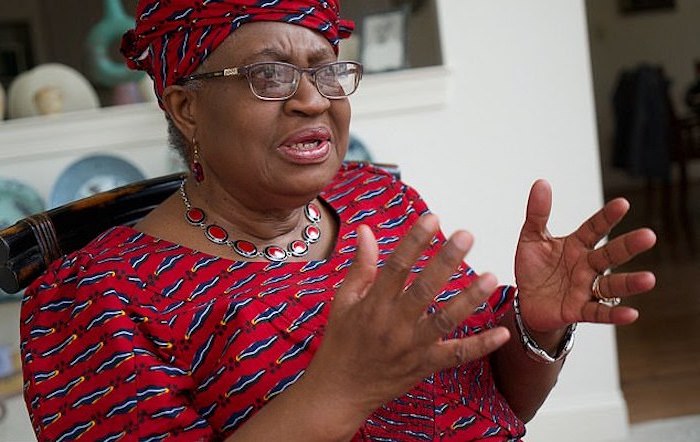News Investigators/ The Director-General of the World Trade Organisation (WTO), Ngozi Okonjo-Iweala, has urged the federal government to cut down the number of agencies at its borders as part of key reforms needed by the Nigeria Customs Service (NCS) to facilitate trade and enable more revenue inflows.
Mrs Okonjo-Iweala observed that Nigeria, compared to other economies, has an unusually large number of government agencies at the border posts, urging for better coordination and delegation of duty in order to facilitate trade.
The WTO scribe who spoke virtually at the 2024 Comptroller General of Customs Conference, which began on Wednesday in Abuja, said Nigerian agencies need to work with the Customs Service to streamline their approach to handling the border.
Speaking on the theme of the conference: ‘Nigeria Customs Service: Engaging Traditional and New Partners with Purpose’, Mrs Okonjo-Iweala recalled that the past government also struggled with the same bureaucratic bottleneck during her work as the former Nigerian finance minister and coordinating minister of the economy.
She said the situation has not improved from what it used to be going by the data available to her at the WTO.
The WTO DG also called for improved risk management and reduction in inspection rates.
According to her, in many developed economies, the share of consignments for physical inspection is lower than 1 percent, while Nigeria’s is around 90 percent, with an additional 9 percent of consignments scanned.
“Better risk management will have to go hand in hand with better compliance by firms, improved targeting and feedback from inspections, and less discretion on the part of individual officials to ensure customs’ own rules and that regulations are predictably and consistently applied, coupled with effective sanctions.”
She further said that better risk management, information sharing among agencies, and faster clearance would contribute to reducing delays, noting that customs officers must be convinced to make the needed changes.
Mrs. Okonjo-Iweala, who is set for a second term as the WTO DG, said: “Three initial measures could help enhance predictability in this regard.
“Seizing the use of the Import Adjustment Tax (IAT), and thereby fully implementing the ECOWAS Common External Tariff. Limiting the use of tariff concessions under schemes such as Import Duty Exemption Certificate and making their use much more transparent, and removing most products from the import prohibition list that frequently receives discretionary waivers, to the extent that this accounts for approximately 6 to 7 percent of Nigeria’s imports,” she added.
